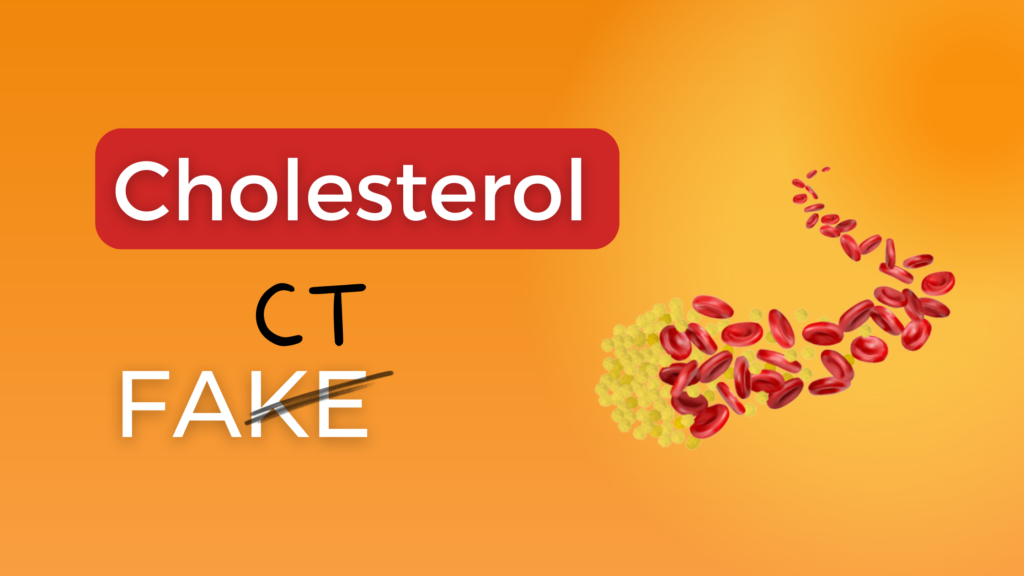Search for tests or checkups
SupportWhat Is a Serum Test? Unlock Vital Clues About Your Health

Imagine you’re sitting in your doctor’s office after a routine check-up. "We’ll run a serum test," your doctor says. You nod but wonder! What exactly is a serum test, and why is it important? Don’t worry—you’re not alone! Many people hear the term but aren’t quite sure what it means. Let’s break it down into simple terms.
What Is a Serum Test?
A serum test is a type of blood test that examines the liquid portion of your blood, called serum. The serum is what’s left after the blood clots and the red and white blood cells are removed. It contains essential substances like hormones, enzymes, and nutrients that provide valuable clues about your overall health.
Why Are Serum Tests Important?
Serum tests are like a window into your body’s inner workings. They help doctors identify issues that might not be obvious through symptoms alone. From checking your vitamin levels to diagnosing serious health conditions, these tests provide critical information.
Common Types of Serum Tests and What They Reveal
Liver Function Tests
- Liver Function test enzymes and proteins that indicate liver health.
- Can detect liver diseases like hepatitis or cirrhosis.
Kidney Function Tests
- Kidney function test waste products like creatinine and urea.
- Helps identify kidney disease or dehydration.
Lipid Profile Test
- Basically, Lipid profile test checks for cholesterol and triglyceride levels.
- Essential for assessing heart disease risk.
Electrolyte Panel
- Monitors sodium, potassium, and calcium levels.
- Important for detecting imbalances that affect muscles and nerves.
Hormone Tests
- Including tests for thyroid hormones, cortisol, and insulin.
- Useful for diagnosing hormone-related issues like diabetes or thyroid disorders.
How Does a Serum Test Work?
- Blood Sample Collection: A healthcare provider draws a small sample of blood from your vein.
- Lab Analysis: The blood sample is sent to a lab where it’s processed to extract the serum.
- Results and Interpretation: Your doctor reviews the results and discusses what they mean for your health.
What Can Serum Tests Detect Early?
Serum tests can detect health issues before symptoms appear, including:
- Diabetes: By measuring blood glucose levels.
- Nutritional Deficiencies: Such as low vitamin D or iron.
- Heart Conditions: Through cholesterol and enzyme tests.
- Inflammatory Disorders: Identified by markers like C-reactive protein.
Tips for a Successful Serum Test Experience
- Stay Hydrated: Drink plenty of water before the test for a smoother blood draw.
- Follow Fasting Instructions: Some tests require fasting, so follow your doctor’s advice.
- Ask Questions: Don’t hesitate to ask your healthcare provider about the purpose of the test and what results to expect.
Why You Shouldn’t Skip a Serum Test
Skipping a recommended serum test could mean missing early signs of a health issue. Think of it as regular maintenance for your body—like checking your car’s engine oil to avoid breakdowns. Understanding serum tests can empower you to take charge of your health. These tests reveal what’s happening beneath the surface, allowing early detection and better treatment options.
Ready to prioritize your health? Consider scheduling a serum test with Orange Health Labs, where expert care meets convenience. Take the first step toward a healthier, happier life today!
Why Orange Health Labs?
At Orange Health Labs, we prioritize your health with fast test results, and personalized care. Take charge of your well-being today, schedule your blood test with Orange Health Labs for expert care that fits your life.
Date Published: 2024-12-18

Connection between CRP Levels and Inflammation

Importance of Regular HbA1c Testing During Pregnancy
